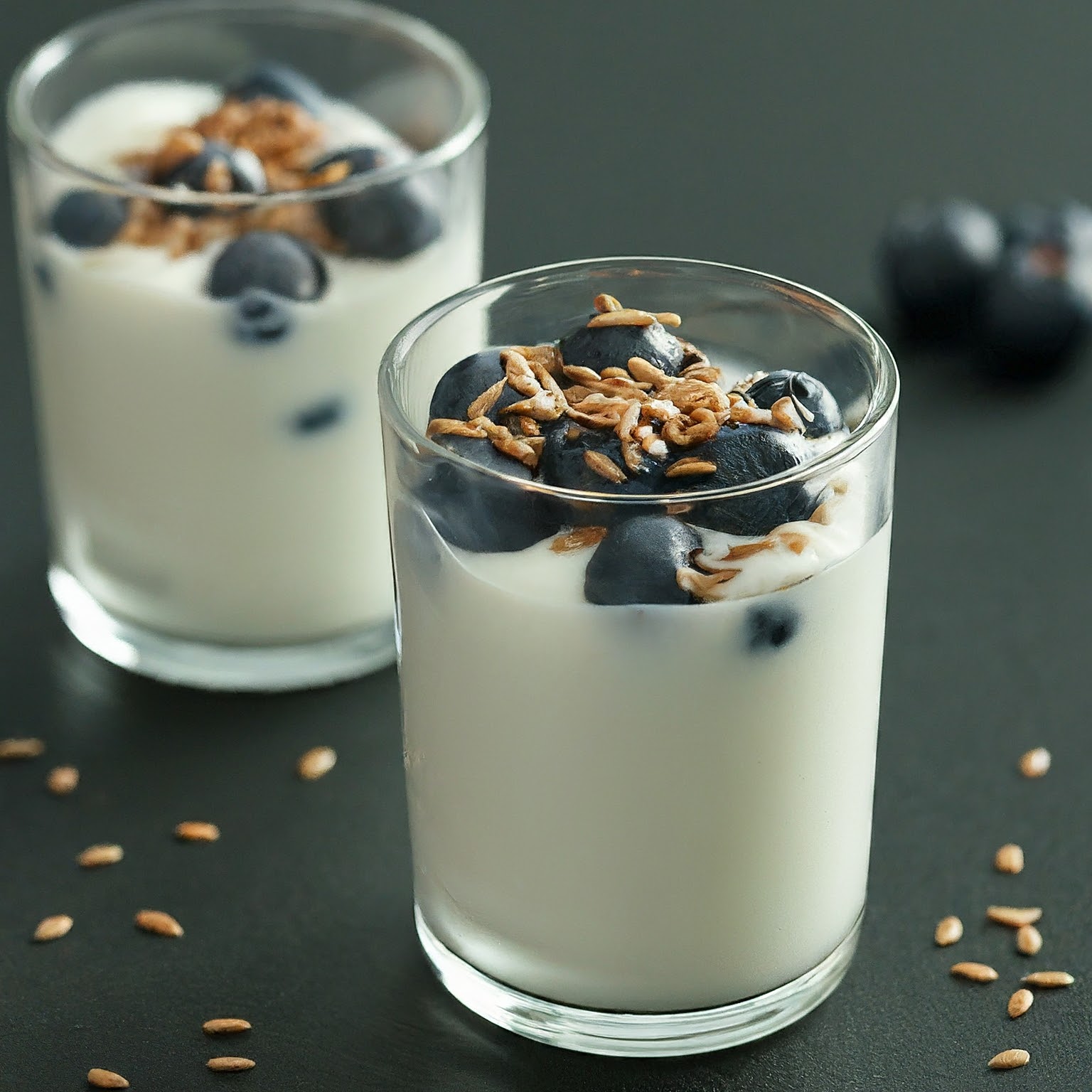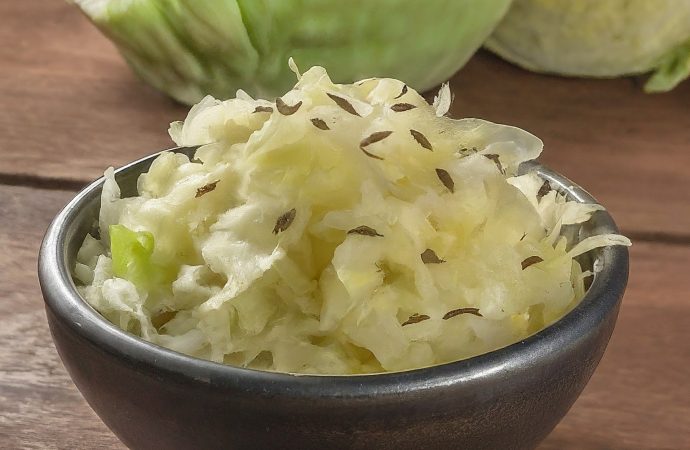Meet Dr. Olivia Jones! Dr. Olivia Jones is a registered dietician and passionate advocate for gut health. With over ten years of experience, Dr. Jones is dedicated to empowering individuals to make informed dietary choices through science-backed information and practical advice. Let’s Talk Gut Health: The Microbiome and Probiotics The human gut is a complex
Meet Dr. Olivia Jones!
Dr. Olivia Jones is a registered dietician and passionate advocate for gut health. With over ten years of experience, Dr. Jones is dedicated to empowering individuals to make informed dietary choices through science-backed information and practical advice.
Let’s Talk Gut Health: The Microbiome and Probiotics
The human gut is a complex ecosystem teeming with trillions of microorganisms, collectively known as the gut microbiome. These tiny residents play a crucial role in digestion, nutrient absorption, immune function, and even mood regulation [1]. Amongst this diverse community, specific bacteria known as probiotics offer a range of health benefits. Probiotics help maintain a healthy balance in the gut by crowding out harmful bacteria and promoting the growth of beneficial ones [2].
Why Fiber Matters for Probiotics
While probiotics are essential, they need a helping hand to thrive. Here’s where fiber comes in! Fiber acts as a prebiotic, serving as food for our gut bacteria. By incorporating fiber-rich fermented foods into your diet, you’re providing the perfect environment for probiotics to flourish, further amplifying their health benefits [3].
A Fermented Feast: Delicious Options for Every Palate
The world of fermented foods is vast and exciting! Here’s a taste of some fiber-rich options you can explore:
- Kimchi: This spicy Korean staple, made from fermented cabbage and vegetables, is a great source of both fiber and probiotics.
- Sauerkraut: This tangy German dish, traditionally made from fermented cabbage, is another excellent source of gut-friendly bacteria and fiber.
- Yogurt: Look for yogurt with live and active cultures (probiotics) and pair it with berries or flaxseeds for an added fiber boost.
- Kombucha: This bubbly fermented tea drink is not only refreshing but also a source of probiotics and prebiotics (fiber) thanks to the presence of SCOBY (Symbiotic Culture of Bacteria and Yeast).
- Tempeh: This versatile fermented soybean cake is a fantastic plant-based protein option that’s also packed with fiber.

Picture by: Google Gemini
Table 1: Fermented Food Powerhouse
| Fermented Food | Probiotic Benefits | Fiber Content |
|---|---|---|
| Kimchi | Supports digestion, boosts immunity | High (due to cabbage) |
| Sauerkraut | Promotes gut health, aids nutrient absorption | High (due to cabbage) |
| Yogurt (with live cultures) | Improves gut balance, reduces inflammation | Moderate |
| Kombucha | Enhances gut health, may aid digestion | Moderate |
| Tempeh | Supports gut bacteria, promotes digestive regularity | High |
Fiber vs. Non-Fiber Rich Fermented Foods:
While many fermented foods are naturally rich in fiber, some varieties might have a lower fiber content. Here’s a quick comparison:
| Feature | Fiber-Rich Fermented Foods | Non-Fiber Rich Fermented Foods |
|---|---|---|
| Fiber Content | High | Low to Moderate |
| Gut Health Impact | More pronounced due to prebiotic effect | Primarily probiotic benefits |
| Examples | Kimchi, sauerkraut, tempeh | Kombucha, some yogurts |
Fermenting Your Way to a Healthier You!
Incorporating fermented foods into your diet is an easy and delicious way to support your gut health and overall well-being. By choosing fiber-rich varieties, you’re providing the perfect fuel for your gut bacteria, maximizing the benefits of probiotics. So, experiment with different fermented options, discover your favorites, and embark on a journey towards a thriving gut microbiome!
Remember: Consult your doctor before making significant dietary changes, especially if you have any pre-existing health conditions.
















